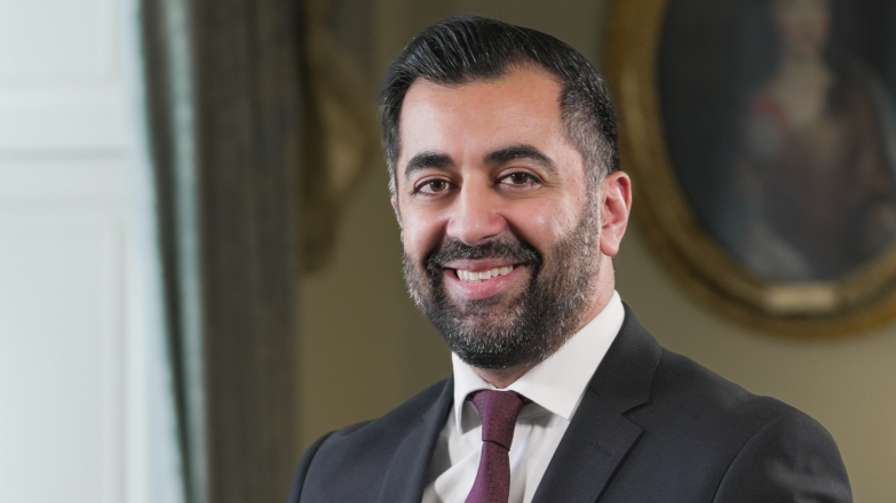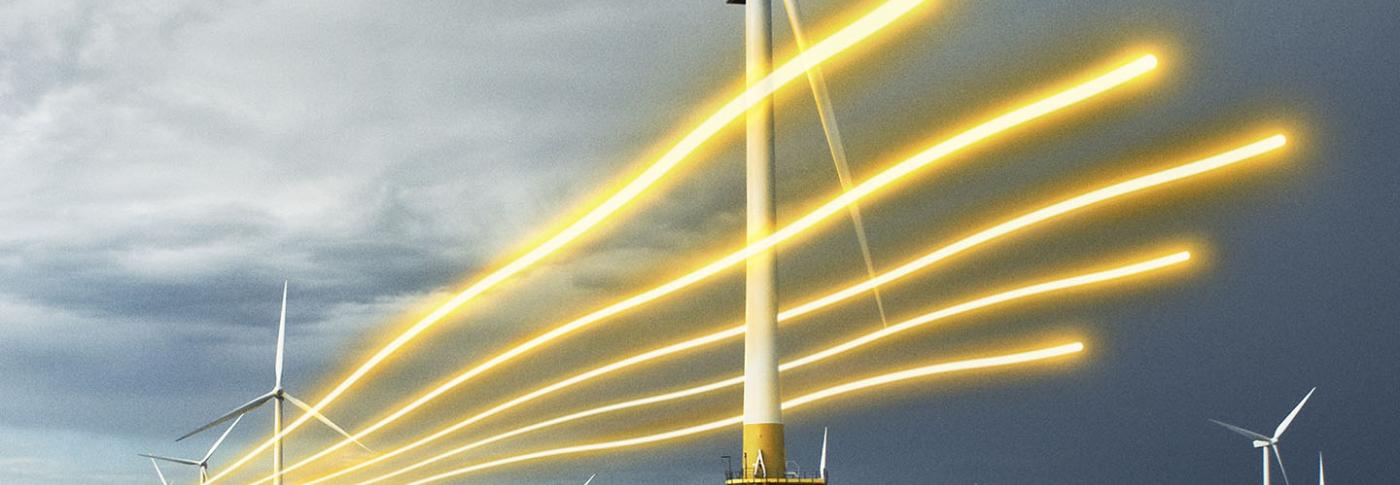Rowan Atkinson has been cited by the House of Lords as a reason for poor EV sales in the UK.
Atkinson, a known ‘petrolhead’ and also holder of an MSc in Electrical Engineering has been accused of damaging the reputation of EVs by virtue of an article in which he penned in a national newspaper. The House of Lords Environment and Climate Change Committee took evidence from the Green Alliance that alleged the actor had had a damaging effect on sales.
The submission read: “One of the most damaging articles was a comment piece written by Rowan Atkinson in the Guardian which has been roundly debunked.”
The article had not been wholly negative and had also advocated research into bio-fuels. Using it as an example of coverage against EVs might seem a strange choice.
None-the-less, more serious issues of campaigning were produced, with the relevant Minister telling the committee that the Government was concerned about misinformation and the Director of Transport Decarbonisation at the Department for Transport stated that there had been a “concerted campaign of misinformation” about EVs in recent months, and the Ford Motor Company going as far as suggest that there was the apparent emergence of a “vocal anti-EV campaign”.
The committee’s report, EV strategy: rapid recharge needed, looked at a successful transition to electric vehicles (EVs), noting that it is essential if the Government is to meet its legally binding net-zero target by 2050.
Its summary includes the points that progress is not happening fast enough, and major barriers remain, with EVs making up about only 3 per cent of all cars currently on UK roads. These barriers are cost, the availability of public chargepoints, and the scale of misinformation.
The Committee is calling on the Government to:
Tackle the disparity in upfront costs between electric and petrol and diesel cars, by introducing targeted grants to support consumers buying affordable models.
Turbo-charge [a somewhat ironic use of words] the charging infrastructure rollout by reviewing outdated and disproportionate planning regulations, and tackling delays in the rollout of key public funding programmes.
Ensure charging is reasonably priced, convenient, and reliable by equalising VAT rates for domestic and public charging.
Invest in UK recycling to ensure that recycling is undertaken by responsible operators, and that the UK is able to recoup as many of the critical materials contained in EV batteries as possible for its own domestic production.
The Chair of the inquiry, Baroness Parminter, said: “Surface transport is the UK’s highest emitting sector for CO2, with passenger cars responsible for over half those emissions. The evidence we received shows the Government must do more – and quickly – to get people to adopt EVs. If it fails to heed our recommendations the UK won’t reap the significant benefits of better air quality and will lag in the slow lane for tackling climate change.”
© 2019 Perspective Publishing Privacy & Cookies



.jpg)





Recent Stories